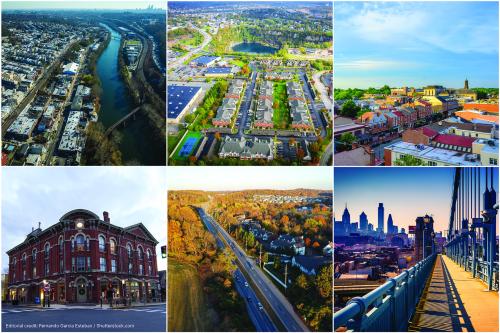On March 12, 2024, Brookings Metro Fellow Tracy Hadden Loh testified before the Council of the District of Columbia’s Committee on Business and Economic Development.
Loh’s testimony explored the how the decline of federal employment may impact real property taxes, sales, and hospitality revenues in Washington, D.C., as well as the effects of a potential mass sell-off of federally owned buildings within the city.
In her written testimony, Loh identified strategies Washington, D.C. can employ to support storefront businesses, whose well-being matters not just for their owners and employees, but also for the overall quality of their neighborhoods.
- Offer pop-up permitting citywide: Entrepreneurs trying to start a storefront business in Washington, D.C. quickly run into walls. The city’s downtown has pop-up permits that business owners can obtain in one day. As a matter of both equity and economic development, why not make these available citywide?
- Maximize economic development investments in technical assistance to businesses: In the past few years, new laws have made major changes to the operating realities of storefront businesses in Washington, D.C. To the extent that the city is going to change operating realities, it should also invest in technical assistance to businesses to both support compliance and grow returns.
- “Streeteries” and vending are a chance to grow the pie: During the COVID-19 pandemic, storefront businesses’ ability to expand outdoors generated a lot of revenue for both them and the city, while also creating jobs. These early “streeteries” were a response to an emergency, but it makes sense to formalize their implementation for the long term.
Loh wrote that the regional solution to the current problem remains the same as always: uniting the economic development efforts of the regional business community and local governments to prioritize investment in strategic industries, invest in the innovation and talent ecosystems, and boost trade. However, meeting the moment also requires city leaders to focus on the hyperlocal parts of the District’s unique value proposition that are most under their control, and doing their best to optimize them.
Downloads
The Brookings Institution is committed to quality, independence, and impact.
We are supported by a diverse array of funders. In line with our values and policies, each Brookings publication represents the sole views of its author(s).




Commentary
TestimonyHow Washington, DC can build economic resilience amid the federal workforce layoffs
March 13, 2025